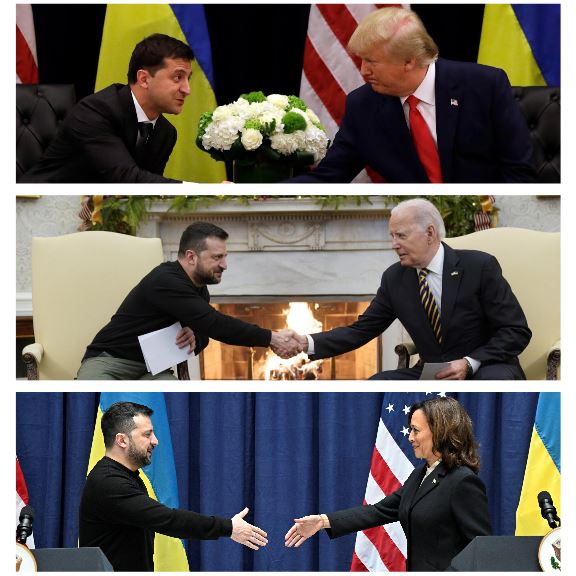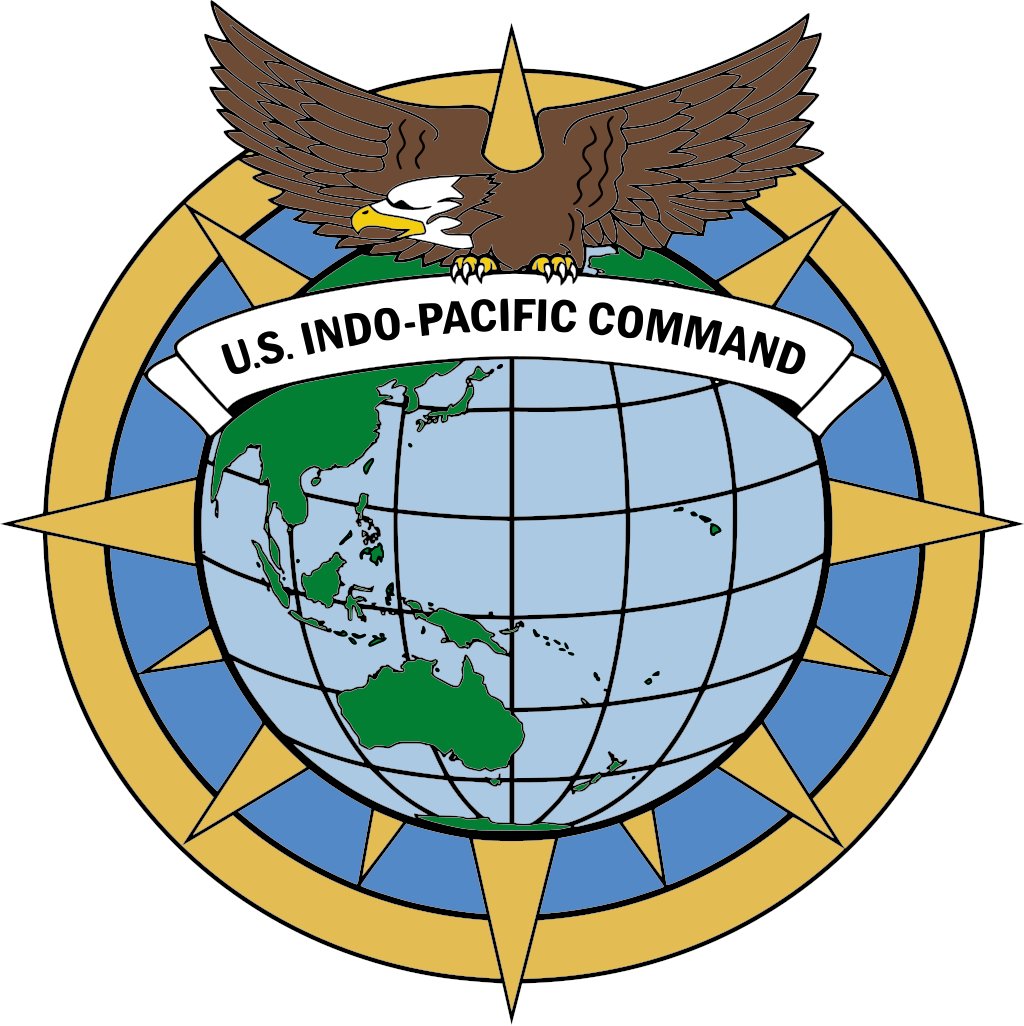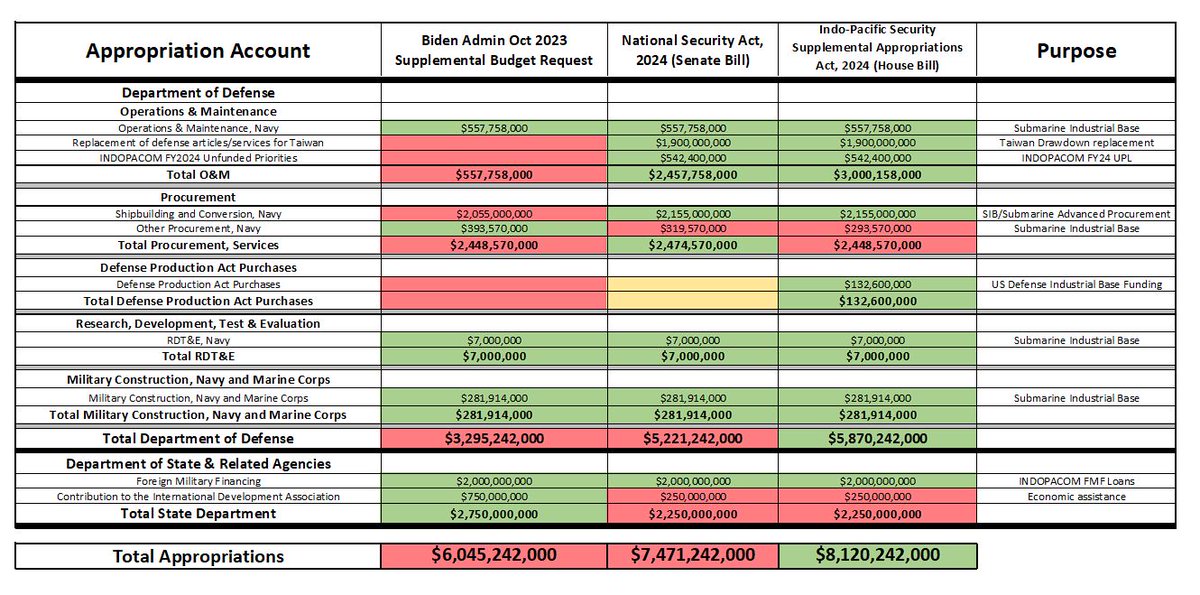𝗦𝗵𝗼𝘂𝗹𝗱 𝗝𝗮𝗸𝗲 𝗦𝘂𝗹𝗹𝗶𝘃𝗮𝗻 𝗯𝗲 𝗳𝗶𝗿𝗲𝗱?
"Yes", is a pretty popular sentiment in pro-Ukraine circles. However, the key question is, would it result in substantive change? Is Sullivan the true cause of Ukraine's woes, or is he just a convenient scapegoat?
1/25
"Yes", is a pretty popular sentiment in pro-Ukraine circles. However, the key question is, would it result in substantive change? Is Sullivan the true cause of Ukraine's woes, or is he just a convenient scapegoat?
1/25

Officially the Assistant to the President for National Security Affairs (APNSA), or more commonly, the National Security Advisor, Sullivan has held the role since the beginning of the Biden Administration. It is one of the most powerful positions in the White House.
2/25
2/25

Previously, Sullivan worked for then Secretary of State Clinton during President Obama's first term. He then succeeded Tony Blinken as then Vice President Biden's National Security Advisor for the first year & a half of Obama's second term.
3/25
3/25

Though Blinken maintains the closest personal relationship with President Biden, being Secretary of State means you're often away from the centre of power in DC. Sullivan is arguably the most influential of the inner circle, due to his unrivalled daily access to POTUS.
4/25
4/25

Though the APNSA doesn't actually exist statutorily, and lacks the same powers & privileges as Cabinet Secretaries wield via their vast Departments; as the de facto head of the National Security Council, Sullivan is responsible for executing the President's Nat Sec agenda.
5/25
5/25
Because the APNSA isn't a member of the Cabinet, the President may appoint whomever they wish to the position without needing to acquire the consent of the Senate. Sullivan serves solely at the pleasure of President Biden.
6/25
6/25

Excluding Actings, 27 APNSAs have come before Sullivan, but just 7 have lasted an entire full term; most quit or are fired. Only a select few maintain the confidence of the President and keep their job for the full four years. Sullivan is on track to become #8.
7/25
7/25
Sullivan's membership in this exclusive club speaks to the high level of confidence that President Biden has in him. If he was unhappy with Jake, he could easily replace him. Sullivan has certainly had numerous blunders that would justify a dismissal.
8/25
8/25

Through the disastrous withdrawal from Afghanistan, Russia's full-scale invasion of Ukraine, and the October 7th attack on Israel, Sullivan has kept his job though. Just one of these crises would tax both the fortitude of a NSA and their relationship with the President.
9/25
9/25
Even in the best of times, it's a stressful job, which is why NSAs have a short lifespan. Sullivan is rumoured to have advancement ambitions though, so he has clung to his current position, in the hope that he might be selected to succeed Blinken as Secretary of State.
10/25
10/25

President Biden's decision not to run for reelection throws a wrench in this though. Sullivan's path to Foggy Bottom now depends on Vice President Harris first winning the election and then choosing to promote him. Neither are assured, far from it, in fact.
11/25
11/25

Per WSJ, a Harris Presidency could mean Sullivan, Blinken and Austin would all be out. The possible elevation of her own National Security Advisor, Philip Gordon, demonstrates why getting rid of Sullivan would unlikely change US policy on Ukraine.
12/25
12/25

The Democratic foreign policy/national security establishment is dominated by Obama Admin veterans. President Biden & his team share the same worldview, which at it's core is based on deep skepticism about the use of US hard power. Sullivan is just a cog in this machine.
13/25
13/25

Though I'm sure Sullivan would love to be in charge himself, as John Bolton said, "I'm the National Security 𝘼𝙙𝙫𝙞𝙨𝙤𝙧, not the National Security 𝘿𝙚𝙘𝙞𝙨𝙞𝙤𝙣 𝙈𝙖𝙠𝙚𝙧". President Biden is in charge, the buck stops with him, as 𝙝𝙚 has said many times.
14/25
14/25

Sullivan is a convenient scapegoat for those who want to shield President Biden from responsibility for his own policy decisions. Unless, that is, you subscribe to the view that the President isn't actually running his own administration. Are his staff running the show?
15/25
15/25
Some of President Biden's supporters want to have it both ways: President Biden is fully in charge, but also a helpless victim to all the bad policy decisions that Sullivan is making and implementing. I would posit that Blinken is actually the victim in all of this.
16/25
16/25
To the extent that Ukraine has any true friends in high places in the Biden Admin, it's Secretary Blinken. But he is at the mercy of an overly cautious President, an inept National Security Advisor, and an intransigent & aloof Secretary of Defense.
17/25
17/25

There is a major problem when Tony Blinken is the most hawkish person in your senior leadership team. Dissenting views on FP/NatSec within the Democratic Party are mostly outside of the administration, or occupy much more junior roles on the inside.
18/25
18/25

Two and a half years into the war in Ukraine, President Biden has had ample opportunity for a strategy reset. He continues to face growing, bipartisan pressure in Congress to do just that, but he seems content to maintain course and finish his term with Sullivan in place.
19/25
19/25
The fundamental problem, unwittingly explained by John Kirby, is that President Biden believes that the war in Ukraine could escalate into World War Three. Jake Sullivan may be bad at his job, but he's taking direction from someone who just doesn't understand Russia.
20/25
20/25

Putin's nuclear sabre rattling and apocalyptic threats are a very simplistic ploy, yet vast swaths of the American (and German) political establishment continue to fall for it. Most other European capitals figured out this ruse a while ago.
21/25
21/25

So should Sullivan lose his job? Yes, because there should be consequences for failure, and this is sorely lacking in government. We shouldn't expect it to happen though, nor would it likely change the Biden Admin's policies on Ukraine, Israel, or any other issue.
22/25
22/25
That said, now that President Biden is unencumbered by the election campaign, he may feel more comfortable changing things up in his final months. This is not something I would bank on though. Ukraine will need to continue to lobby hard for incremental policy changes.
23/25
23/25
Sadly, there are no shortcuts to victory. Ukrainian leadership clearly understands this, given recent calls between Zelensky & former President Trump and Yermak & Gordon. Ukraine's future will depend in large part on the relationships it can build with the next Admin.
24/25
24/25

Both Trump & Harris clearly share a stronger interest in domestic matters than foreign. The war has had far reaching implications though, and the success of either administration will depend in large part on how they manage it. Mistakes have been made; learn from them.
25/25
25/25

• • •
Missing some Tweet in this thread? You can try to
force a refresh
















